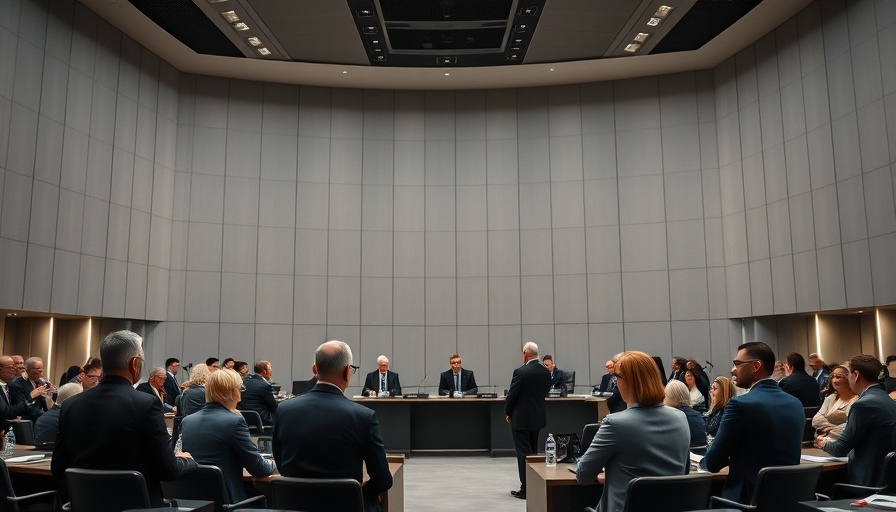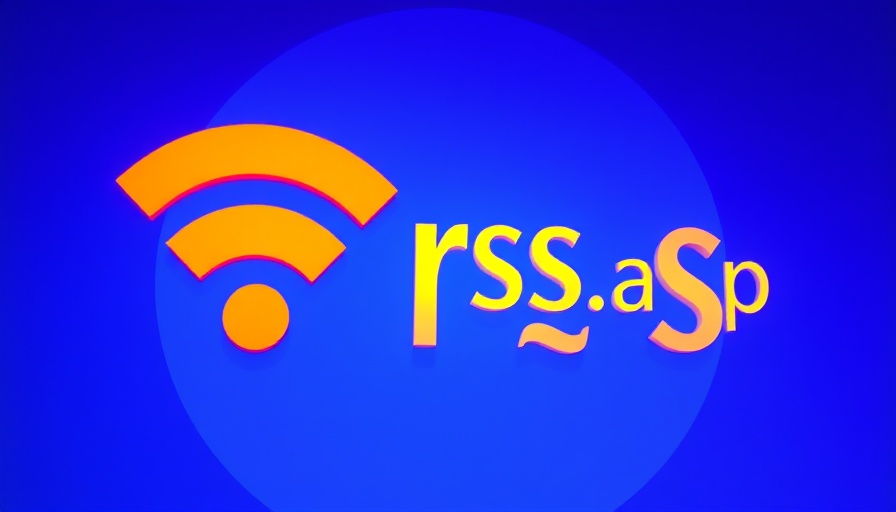
A New Era for Austria: Coalition Government Takes Charge Amid Economic Challenges
After a prolonged five-month period of political deadlock, Austria has welcomed the formation of a new government, marking a decisive shift amid rising concerns about economic recession and the influence of far-right politics. The conservative People's Party, under Chancellor Christian Stocker, has taken the reins, forging a coalition with the center-left Social Democrats and the liberal NEOS party. This coalition represents a critical juncture, not only for the nation's economy but also for its political landscape.
Economic Reform: The Immediate Focus for Stocker's Government
With Germany's recent political turbulence, particularly their three-way coalition's fall from grace, Austria faces mounting pressure to stabilize its economy. The new administration's foremost task is to implement a €6.3 billion budget savings program aimed at reducing the fiscal deficit to align with EU standards, addressing an economic output decline of 0.4% that has plagued the nation for the past two years. Stocker’s approach involves cutting public payments and increasing bank taxes, but it remains to be seen how effectively these measures can revitalize the struggling economy.
A Coalition Built on Consensus: Overcoming Political Divides
The coalition’s formation also signifies a noteworthy effort to curtail the rise of right-wing populism, with the Freedom Party failing to secure power despite winning the highest electoral vote last September. President Alexander van der Bellen underscored the government's responsibility to foster economic stability and social cohesion, reflecting a return to Austria’s tradition of consensual politics. While the coalition presents a united front, tensions regarding budgetary policies and social reforms highlight the delicate balancing act required to maintain harmony between these diverse political factions.
Shifting Political Dynamics: The Role of Moderate Policies
In stark contrast to the far-right agenda proposed by the Freedom Party, the government's new coalition adheres to moderate policies. For instance, while the Freedom Party sought aggressive fiscal cuts and stringent migration restrictions, the current coalition is leaning towards a more nuanced approach that combines strict deportation procedures with enhanced integration initiatives. This shift not only indicates a repositioning of the People’s Party towards more centrist views but also suggests a broader strategy to unify a divided electorate.
Security and Defense: Dilemmas in Geopolitical Stability
As Europe grapples with volatility stemming from external threats, Austria has vowed to uphold its long-standing neutrality while simultaneously ramping up military investment. The new government aims to increase defense spending to 2% of GDP by 2032, reflecting a commitment to bolstering national security without compromising its traditional stance. This decision has not been without controversy, as it contrasts sharply with the previous coalition’s passive approach to defense.
Looking Ahead: What This Means for Austria
The coalition faces significant challenges in addressing economic recovery amid rising political uncertainty, but it also presents an opportunity for Austria to redefine its role within Europe. By embracing a platform of fiscal responsibility coupled with social investment, they aim to position Austria as a model of stability in a turbulent environment.
With this new government in place, citizens can anticipate policies designed to restore economic health while navigating the complexities of a diverse political landscape. How successfully they achieve this will shape Austria’s political and economic trajectory in the coming years.
 Add Row
Add Row  Add
Add 




Write A Comment